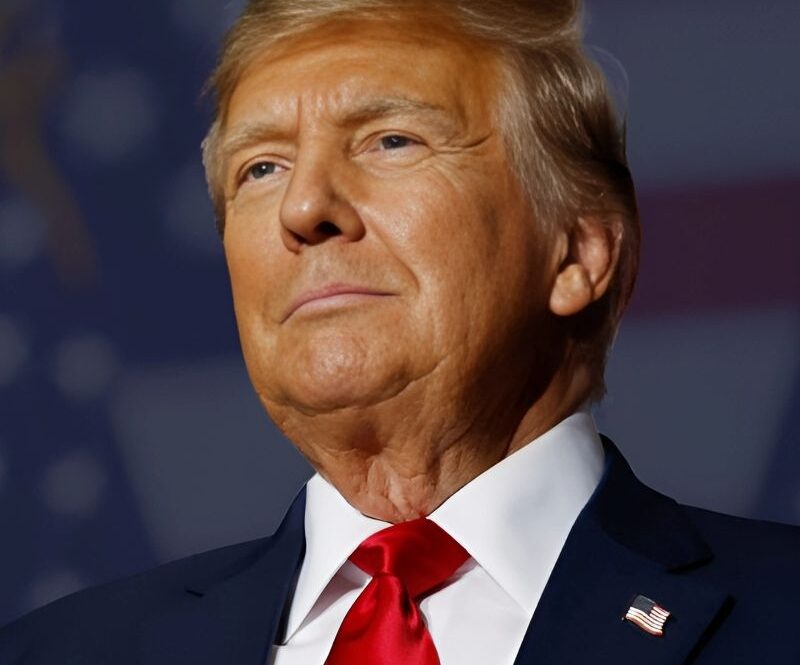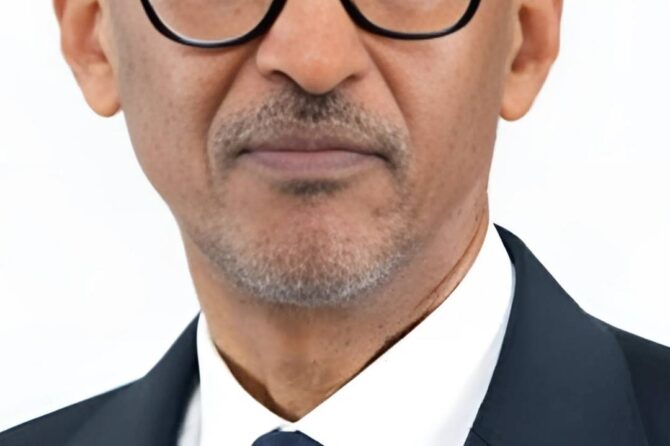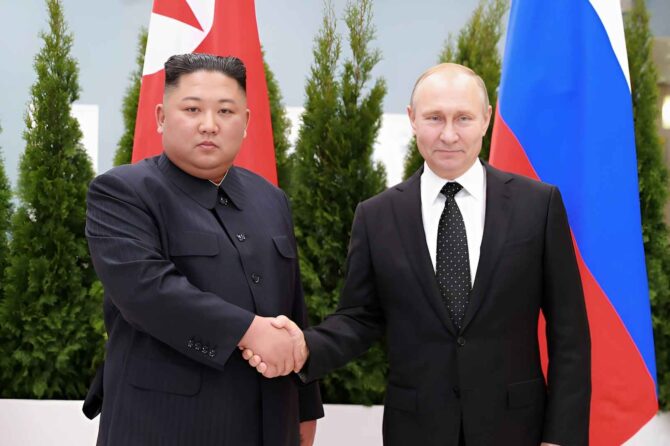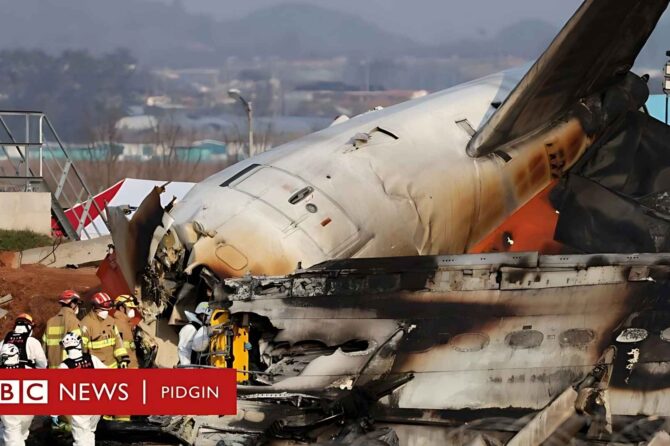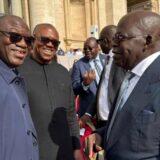US-South Africa Diplomatic Fallout: A Brewing Storm
The United States and South Africa are embroiled in a diplomatic fallout, which may further destroy the already fragile relationship. Recently, South African Ambassador’s statement has sparked diplomatic tensions across the Atlantic. This is because, South African Ambassador Ebrahim Rasool’s comments accusing President Donald Trump and his allies of promoting white supremacy. Consequently, this incident has led to Rasool’s expulsion from the US, for his uncomplimentary comments. In addition, the feasibly angry Secretary of State Marco Rubio swiftly declaring him a “persona non grata”.
A History of Strained Relations
The relationship between the US and South Africa has been strained for some time. Furthermore, their seemingly war path is based on disagreements on trade, security, and human rights creating tension. Moreover, South Africa has criticized the US’s stance on some global issues based on its unpopularity and methodology. While on the other hand, the US has expressed concerns about South Africa’s handling of domestic issues. However, President Trump recently signed an executive order freezing US assistance to South Africa based on their human rights concerns. In addition, the US specifically cited its concerns over land expropriation targeting white Afrikaners.
Rasool’s Comments: The Final Straw
Rasool’s comments, which Secretary Rubio branded as “race-baiting” and “hate-filled,” were the final straw in the deteriorating relationship. Furthermore, Rubio stated that Rasool’s remarks went beyond acceptable diplomatic criticism and constituted direct attacks on the American president.
The Road Ahead
The diplomatic fallout between the US and South Africa has significant implications for their bilateral relations. Consequently, the expulsion of Rasool marks a low point in their relationship, and it remains how it will be resolved. One thing is certain, however: the US and South Africa must work towards finding common ground. Furthermore, they need to open up diplomatic channels in resolving their differences through constructive dialogue.
Rasool’s Comments: The Spark That Ignited the Fire
Ebrahim Rasool’s comments, made during a speech to a South African think tank, sparked a major provocation by the US. Furthermore, Rasool accused President Donald Trump and his allies of promoting white supremacist ideology and sentiments. Unfortunately, the US has perceived it as a direct attack on the government and its policies.
US Response: A Swift Expulsion
US Secretary of State Marco Rubio responded swiftly to Rasool’s comments. In fact, Rubio declared Rasool persona non grata and expelled him from the country. This decision marked a significant escalation in the diplomatic tensions between the US and South Africa.
Implications of the Expulsion
The expulsion of Rasool has significant implications for the already strained relations between the US and South Africa. Invariably, the move will likely escalate tensions between the two nations, making it even more challenging to resolve their differences. Furthermore, the expulsion raises concerns about the future of diplomatic relations between the US and South Africa.
A Strained Relationship
The relationship between the US and South Africa has been strained for some time, with their disagreements on many fronts. Consequently, their issues terms on trade, security, and human rights creating unprecedented tension. In general, the expulsion of Rasool is the latest development in this strained relationship which is turning ugly. However, it remains to be seen how the two nations will navigate this challenging period.
Ebrahim Rasool: A Controversial Figure
Meanwhile, Ebrahim Rasool, the expelled ambassador, is a controversial figure in South African politics. A former premier of the Western Cape province, Rasool has been involved in various scandals and controversies throughout his career. However, his comments about Trump and his allies were seen as a reflection of his own biases and prejudices.
South Africa’s Response to Rasool’s Expulsion
Despite all, the South African government expressed disappointment and concern over Rasool’s expulsion as unreasonable. Meanwhile, the S.A’s government is calling for calm as they will consult allies to determine the best course of action. In conclusion, this move has sparked outrage among some South Africans, who see it as an attack on their country’s sovereignty.
A Similar Diplomatic Fallout: Rwanda and Belgium
Rwanda and Belgium experienced a similar diplomatic fallout in 2008, when Rwanda expelled Belgian diplomats after Belgium criticized Rwanda’s human rights record. Recently, Rwanda’s President Paul Kagame accused Belgium of hypocrisy, citing their colonial past and its destructive impact on Rwanda.
Kagame’s Response: A Call to Action
Kagame emphasized that Belgium’s actions were an attack on Rwanda’s sovereignty and its people. Furthermore, he rallied his citizens to fight for their rights, stating they have a cause worth fighting for.
Escalating Tensions: A Significant Deterioration
The diplomatic tensions between Rwanda and Belgium have escalated, with Rwanda ultimately deciding to cut off diplomatic relations with Belgium. This move marks a significant deterioration in relations between the two countries.
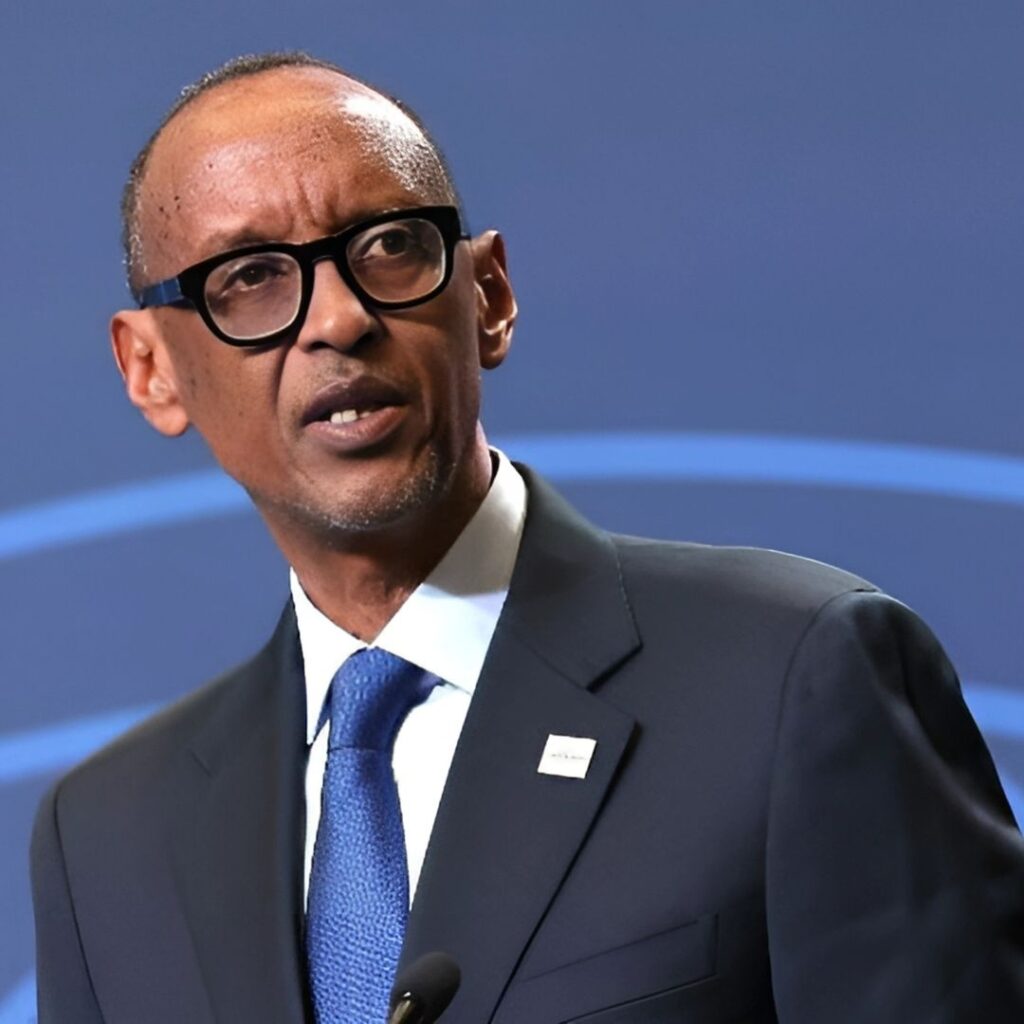
Valuable Lessons from Diplomatic Fallouts
The diplomatic fallouts between the US and South Africa and Rwanda and Belgium offer valuable lessons. In fact, these lessons include prioritizing diplomatic sensitivity, respecting national sovereignty, and practicing effective communication.
Moving Forward: A Call to Action
To move forward, the US, South Africa, Rwanda, and Belgium must prioritize diplomatic efforts. Ultimately, they must engage in open and respectful dialogue, address concerns and grievances, and seek common ground.
Prioritizing Diplomatic Efforts
The four countries must take proactive steps to resolve their differences. For this reason, this must include initiating respectful dialogue, listening to concerns, and finding mutually beneficial solutions.
International Diplomacy: A Need for Cultural Sensitivity
The diplomatic fallouts also highlight the importance of cultural sensitivity in international diplomacy. Diplomats must understand and respect cultural differences to avoid misunderstandings and conflicts.
Conclusion: Learning from Experience
The diplomatic fallouts between the US and South Africa and Rwanda and Belgium offer valuable lessons. By learning from these experiences and prioritizing diplomatic efforts, the 4 countries and the international community can work towards more effective and respectful diplomatic relations.


